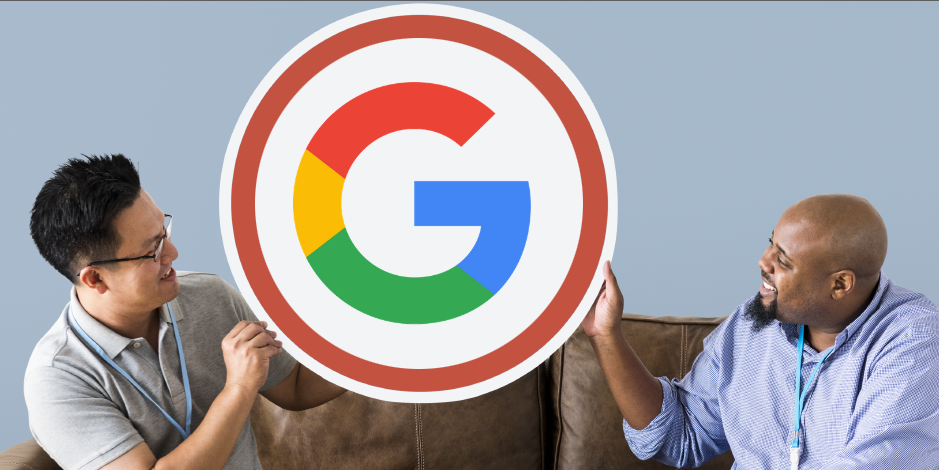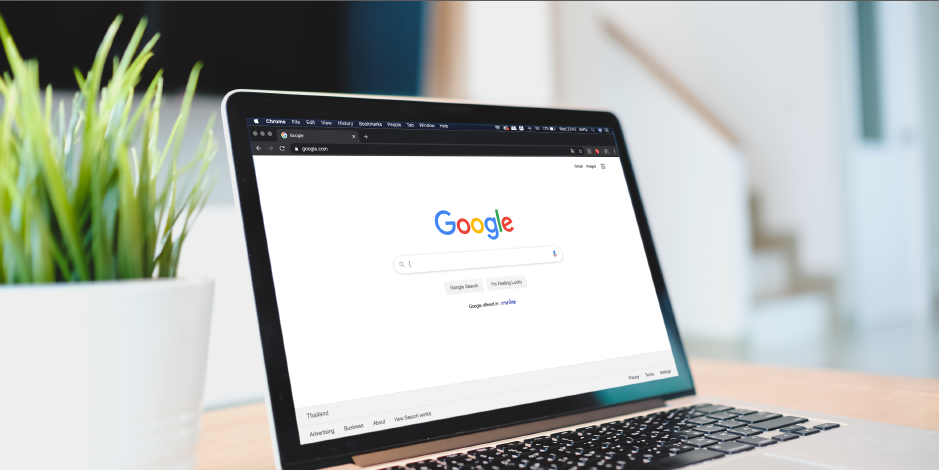Google’s recent changes in its ranking systems documentation caused confusion among website owners and SEO experts, particularly with regards to the page experience update. But according to Danny Sullivan, Google’s Search Liaison, the page experience is not a ranking system, but a ranking signal. In this blog, we will delve deeper into this concept and its implications for website owners and SEO practitioners.
What is a Ranking Signal?
A ranking signal is a factor that search engines use to determine the relevance and quality of a webpage for a particular search query. Google’s algorithms consider hundreds of ranking signals, including keywords, backlinks, content quality, page speed, and mobile-friendliness, among others. Each of these signals has varying degrees of importance and can affect a webpage’s overall ranking on search engine results pages (SERPs).

What is Page Experience?
Page experience refers to the user’s experience while interacting with a webpage, including factors such as page speed, mobile-friendliness, safe browsing, and visual stability. In May 2021, Google announced an update that included page experience as a ranking signal in its core web vitals. This means that websites that provide a better page experience are likely to rank higher on SERPs than those that do not.
Highlight:
- Google recently clarified that page experience is a ranking signal, not a ranking system, and is a concept that encompasses several ranking signals that Google’s core ranking systems consider.
- Ranking signals are factors that search engines use to determine the relevance and quality of a webpage for a particular search query.
- Page experience refers to the user’s experience while interacting with a webpage, including factors such as page speed, mobile-friendliness, safe browsing, and visual stability.
- Website owners and SEO practitioners should focus on optimizing their web pages for each of the individual ranking signals that make up page experience, rather than trying to optimize for a separate ranking system.
- Providing a good page experience can improve user engagement, reduce bounce rates, and increase the chances of earning backlinks, which can indirectly affect a webpage’s ranking.
- A good page experience is not a guarantee of a higher ranking, as other ranking signals such as content quality and relevance are still crucial factors.
Page Experience as a Concept, Not a System
In the past, Google referred to page experience as a “system,” along with other ranking factors such as mobile-friendliness, page speed, and secure sites. However, Google recently removed these ranking systems from its help documentation and clarified that they were never ranking systems but instead signals used by other systems.
The confusion arose because website owners and SEO experts thought that page experience was a separate ranking system that required specific optimization techniques. However, as Danny Sullivan clarified, page experience is a concept that encompasses several ranking signals that Google’s core ranking systems consider when determining a webpage’s relevance and quality.

Implications for Website Owners and SEO Practitioners
Website owners and SEO practitioners should focus on optimizing their web pages for each of the individual ranking signals that make up page experience, rather than trying to optimize for a separate ranking system. This includes improving page speed, ensuring mobile-friendliness, using HTTPS encryption, and providing a visually stable user experience.
Time to look for a new job for some SEOs.
— Christoph C. Cemper 🇺🇦 🧡 SEO&AI (@cemper) April 22, 2023
You spent your SEO life as "Technical SEO" and chasing goals that Google gave you as little carrots over a decade via "trusted influencers",
like
- page speed
- mobile friendlieness
- SSL
- and other technical implementation details… pic.twitter.com/QgoycCHcSO
It is essential to note that providing a good page experience is not a guarantee of a higher ranking, as other ranking signals such as content quality and relevance are still crucial factors. However, providing a good page experience can improve user engagement, reduce bounce rates, and increase the chances of earning backlinks, which can indirectly affect a webpage’s ranking.
In summary, page experience is a ranking signal, not a ranking system, and encompasses several factors that Google’s core ranking systems consider when determining a webpage’s relevance and quality. Website owners and SEO practitioners should focus on optimizing for each of these individual signals to provide a better user experience and potentially improve their webpage’s ranking on SERPs.






 Content Writing
Content Writing Video Marketing
Video Marketing Graphic Design
Graphic Design Lead Magnet Creation
Lead Magnet Creation Content Marketing
Content Marketing